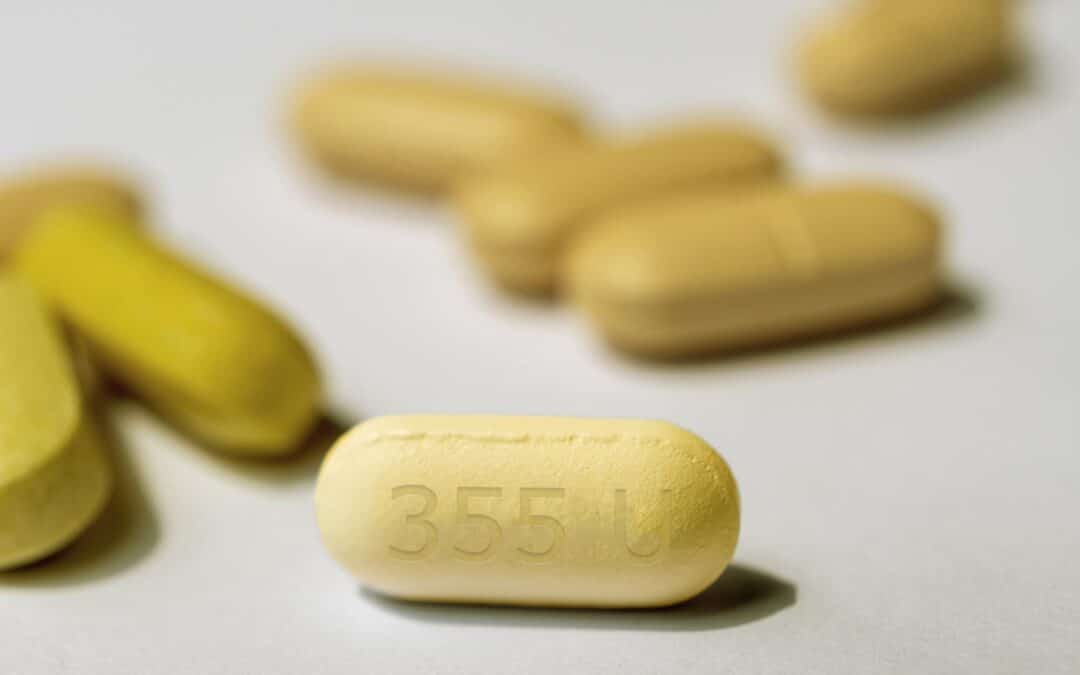Methamphetamine (meth) detox is a critical first step in recovery, but withdrawal symptoms can be intense and long-lasting. Thinking about the Meth detox or meth withdrawal timeline is stressful and unlike opioid or alcohol detox, there are currently no FDA-approved medications for meth withdrawal, making the process especially challenging.
This guide breaks down:
✔ The timeline of meth withdrawal
✔ The latest research on pharmacological treatments
✔ Why professional detox is crucial
✔ Resources and support options for those struggling
📌 Key Sources:
- National Institute on Drug Abuse (NIDA)
- Substance Abuse and Mental Health Services Administration (SAMHSA)
- Centers for Disease Control and Prevention (CDC)
- Latest Research on Meth Withdrawal Treatment (Meta-Analysis, 2023)
Q&A: Everything You Need to Know About Meth Detox
Q: How Long Does Meth Stay in Your System?
A: Meth has a half-life of about 10-12 hours, meaning that half of the drug is eliminated in that timeframe. However, its metabolites can be detected in:
- Urine: Up to 7 days
- Blood: Up to 3 days
- Saliva: Up to 2 days
- Hair: Up to 90 days
📌 For detection times, check out: Mayo Clinic’s Guide to Drug Testing
Q: What Are the Symptoms of Meth Withdrawal?
A: Meth withdrawal occurs in three key phases:
⏳ Phase 1 (Crash Phase) – 24-48 Hours
✔ Extreme fatigue
✔ Increased appetite
✔ Anxiety & agitation
✔ Drug cravings
✔ Depression
⏳ Phase 2 (Acute Withdrawal) – 2-4 Weeks
✔ Insomnia or excessive sleep
✔ Mood swings & irritability
✔ Strong drug cravings
✔ Difficulty concentrating
✔ Anhedonia (inability to feel pleasure)
⏳ Phase 3 (Prolonged Withdrawal) – 6-12 Months
✔ Persistent cravings
✔ Depression & anxiety
✔ Cognitive impairments
📌 For a detailed withdrawal timeline, visit: National Institute on Drug Abuse (NIDA)
Q: Are There Any FDA-Approved Medications for Meth Withdrawal?
A: No. Unlike opioid detox (which has medications like Suboxone or methadone), there are no FDA-approved medications for meth withdrawal.
However, research is ongoing. A 2023 meta-analysis reviewed nine randomized controlled trials (RCTs) and found no single medication to be highly effective.
Some drugs showed mild benefits, but none were conclusive:
- Amineptine – May reduce withdrawal severity but was discontinued due to safety concerns.
- Modafinil – No strong evidence for meth withdrawal improvement.
- Mirtazapine – Showed some promise for sleep and cravings but needs more study.
- Ibudilast & Amantadine – Minor effects but not statistically significant.
📌 Read the full study here: Meta-Analysis on Meth Withdrawal Treatments (2023)
Q: Can I Detox from Meth at Home?
A: No, home detox is dangerous. Meth withdrawal can lead to severe depression, suicidal thoughts, and intense cravings, making relapse highly likely.
Medical detox provides:
✔ 24/7 supervision & safety
✔ Medications for symptom relief
✔ Nutritional & psychological support
📌 Find a detox center near you: SAMHSA Treatment Locator
Q: What Medications Help with Meth Withdrawal?
A: Since no medication is FDA-approved, doctors may use off-label prescriptions to help with symptoms:
✔ Bupropion (Wellbutrin) – May reduce depression and cravings
✔ Modafinil – Used for sleep and cognitive issues
✔ Mirtazapine – Helps regulate mood and appetite
✔ Antipsychotics (Olanzapine, Quetiapine) – If hallucinations occur
📌 For medication-assisted treatment updates, visit: National Institutes of Health (NIH)
Q: How Can I Support a Loved One Going Through Meth Detox?
A: Supporting someone in meth detox means:
✔ Encouraging professional detox treatment
✔ Providing emotional support without enabling
✔ Helping them prepare for post-detox treatment
✔ Being patient—meth recovery takes time
📌 For family support resources, visit: Partnership to End Addiction
Q: Where Can I Find Safe Meth Detox in New Hampshire?
If you or a loved one is struggling with meth addiction, Liberty Health Services provides:
✅ Private, Medically Supervised Detox
✅ 24/7 Medical Supervision
✅ Medication Support for Withdrawal
✅ Transition to Long-Term Treatment



